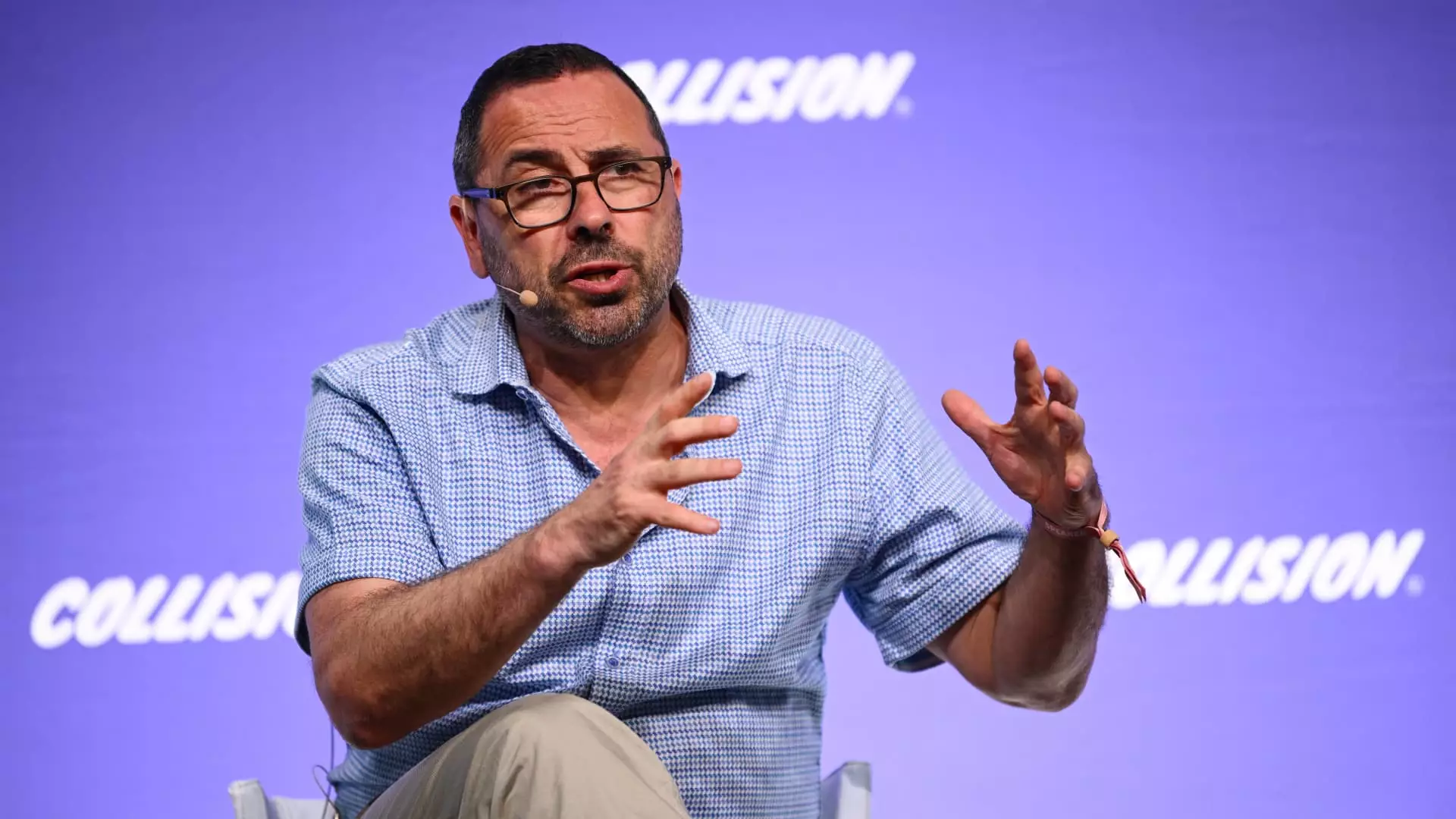Cerebras Systems, a significant player in the burgeoning AI chip industry, is making headlines as it seeks to launch its initial public offering (IPO). Positioned as a potential pioneer among venture-backed tech firms in the U.S. since the IPO drought that began in April 2023, Cerebras aims to capitalize on the growing frenzy surrounding artificial intelligence advancements, particularly as Nvidia’s valuation skyrockets to an impressive $3.3 trillion. However, despite its breakthroughs and promising financial projections, Cerebras faces numerous challenges that cast a shadow over its IPO aspirations.
Founded in 2016 and headquartered in Sunnyvale, California, Cerebras initially captured the market’s attention by unveiling its first processor in 2019. Fast forward to 2023, and the company’s sales have more than tripled to $78.7 million, with an even more impressive revenue of $136.4 million reported in the first half of 2024. Cerebras touts an extensive future pipeline, with agreements worth $1.43 billion in systems and services lined up, suggesting that the company is on the verge of a significant growth spurt.
Yet, while the numbers are encouraging, the reality of Cerebras’ financial situation is less straightforward. The company is aiming to elevate its valuation from $4 billion in 2021 to around $8 billion through its upcoming IPO. Such ambitious aspirations must be examined critically, considering the broader market dynamics and investor sentiment towards tech IPOs, particularly in light of a relatively barren IPO landscape since late 2021.
One of the foremost concerns surrounding Cerebras is its heavy reliance on a single entity for revenue. G42, a Middle Eastern company based in Abu Dhabi, contributes a staggering 87% of Cerebras’ revenue in the first half of 2024, with a $1.43 billion purchasing commitment that significantly underpins Cerebras’ revenue projections. This concentrated client relationship raises an alarm for potential investors, who may question the sustainability of Cerebras’ business model if G42 were to modify its spending or initiate competitive offerings.
Moreover, G42’s backing by tech behemoth Microsoft complicates matters further. While the amplifying effect of such a connection could be significant, it concurrently generates apprehension, particularly considering the geopolitical tensions surrounding foreign investments in U.S. companies. Cerebras’ ongoing pursuit of regulatory clearance from the Committee on Foreign Investment in the United States (CFIUS) indicates an awareness of these intricate dynamics, although there are no assurances that this path will be smooth or successful.
Cerebras has carved out a niche for its innovative technology, which it asserts is faster and more efficient than traditional GPUs, notably those from Nvidia, especially for tasks involving large language models. However, the competitive landscape is fierce, and Cerebras must continue to differentiate its offerings as major players like Nvidia retain a dominant market foothold. Recent analyses show Nvidia controlling roughly 95% of the AI training and inference chip market, suggesting that while there is excitement around Cerebras, it operates in an arena heavily ruled by a singular brand.
The leadership of Cerebras could be both a boon and a bane. CEO Andrew Feldman has faced scrutiny due to his past legal issues related to circumventing accounting controls in a previous role. Such controversies could lead to skepticism among potential investors, who may question whether past indiscretions could resurface and impact the company’s operations or reputation.
The leading banks typically associated with tech IPOs, such as Goldman Sachs, Morgan Stanley, and JPMorgan Chase, have notably distanced themselves from the Cerebras deal, opting to instead focus their efforts elsewhere in the AI infrastructure market. This absence of major players emphasizes the hesitancy in the market regarding Cerebras, largely attributed to the risks surrounding customer concentration and foreign investment entanglements.
The fact that Citigroup and Barclays are at the helm for this IPO, though competent, may not inspire the same level of confidence that comes with more recognized tech banks. Furthermore, Cerebras’ choice to engage BDO, instead of one of the Big Four accounting firms, further complicates the company’s standing in the eyes of institutional investors who may prefer the established pedigree associated with larger auditing firms.
Cerebras Systems is at a pivotal juncture, striving to prove its mettle in a fiercely competitive environment that is rife with obstacles. While the potential for growth exists, fueled by the insatiable demand for AI technology and the captivating promise of its high-performance chips, fundamental concerns regarding revenue concentration, geopolitical implications, and leadership credibility present significant hurdles. As Cerebras maneuvers through this intricate and evolving landscape, investors will undoubtedly be watching closely, weighing the allure of innovation against the backdrop of risks associated with its ambitious IPO endeavor.


Leave a Reply